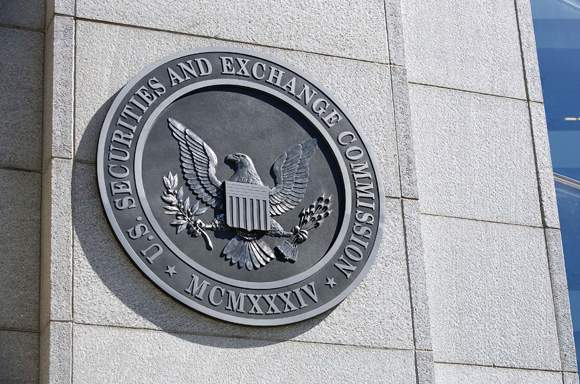The U.S. Securities and Exchange Commission is seeking congressional authorization to impose bigger penalties for wrongdoing amid criticism that the agency hasn't done enough to punish misdeeds tied to the credit crisis.
Fines against individuals would be capped at $1 million per violation instead of $150,000 and penalties for firms could rise to $10 million from $725,000 for each act under a proposal included in a letter dated yesterday from SEC Chairman Mary Schapiro to Senator Jack Reed, the Rhode Island Democrat who leads a subcommittee that oversees the agency.
The SEC proposal, which would also triple the amount the agency could seek under an alternative formula based on the violator's gains, was issued the same day as U.S. District Judge Jed Rakoff rejected a proposed $285 million settlement with Citigroup Inc. Rakoff criticized the agreement, aimed at resolving claims the Wall Street bank misled investors in a $1 billion financial product linked to souring mortgages, saying it was “a very good deal for Citigroup” and represented “a mild and modest cost of doing business.”
In her letter, Schapiro said the changes “would substantially enhance the effectiveness of the Commission's enforcement program by addressing existing limitations that have resulted in criticism regarding the adequacy of Commission actions against those who violate securities laws.”
She also proposed letting the agency seek penalties based on the amount of investor losses incurred as a result of the defendant's conduct, according to the letter.
‘Greater Flexibility'
“Together, these changes would provide the Commission with greater flexibility with regard to monetary penalties in cases where the misconduct is very serious, repeated, or involves substantial investor losses, but the current statutes do not allow for an appropriately significant penalty,” she wrote.
Rakoff, calling Citigroup (C) “a recidivist,” said the SEC hasn't tried to enforce orders in its settlements that require firms not to repeat violations of securities laws.
Schapiro said the SEC doesn't have adequate tools to deter repeat offenders. In her letter, she said the agency should be able to triple the applicable penalty if the defendant had been sanctioned for committing fraud within the previous five years.
Schapiro has asked her staff to prepare draft legislation for the proposals and plans to provide that to lawmakers soon, according to the letter.
--Bloomberg News--







